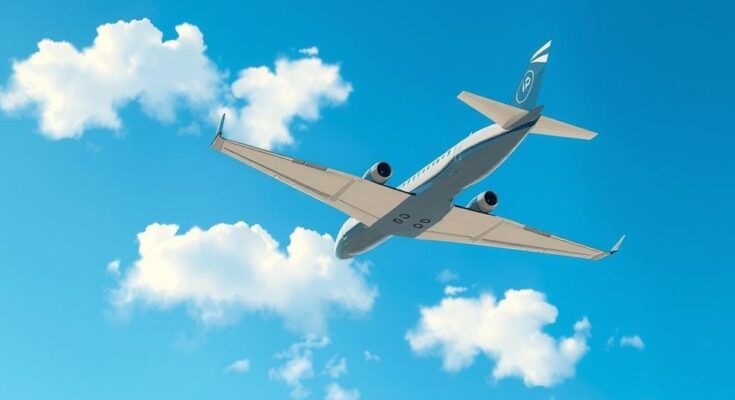The U.S. has announced the resumption of deportation flights to Venezuela, following a period of suspended cooperation due to sanctions against Chevron. Special Envoy Richard Grenell confirmed the flights would begin again, with Venezuelan Assembly leader Jorge Rodriguez supporting the initiative. The backdrop includes significant Venezuelan emigration and continued political strife under Maduro’s government.
The United States and Venezuela have confirmed the resumption of deportation flights for Venezuelan citizens. This decision follows a period of suspended cooperation that arose after Venezuela reacted to the United States withdrawing a sanctions waiver for Chevron, an American oil company. U.S. Special Envoy Richard Grenell announced the agreement, stating, “I am pleased to announce that Venezuela has agreed to resume flights to pick up their citizens who broke US Immigration Laws and entered the US illegally.”
These repatriation flights are expected to commence on Friday, as per Grenell’s statement. Jorge Rodriguez, the Venezuelan National Assembly leader aligned with President Nicolás Maduro, corroborated this information, noting the agreement involves plans to repatriate Venezuelan citizens through the “Return to the Homeland Plan.” This initiative has seen over 366 Venezuelans return through the state airline Conviasa, despite U.S. sanctions against the airline.
Relations recently soured when President Trump expressed dissatisfaction regarding Venezuela’s compliance with promises made, resulting in the withdrawal of the sanctions waiver for Chevron. This led Caracas to halt the deportation flights. It remains unclear why Venezuela decided to resume these flights.
The mass exodus from Venezuela has intensified, with over seven million citizens fleeing due to severe economic and political instability under Maduro’s regime. The Trump administration, upon taking office, indicated a willingness to deport approximately 600,000 Venezuelans living in the U.S. who were protected under a Biden-era program aimed at safeguarding nationals from countries experiencing high risk.
Although Grenell planned to meet with President Maduro in January, it is essential to note that the Trump administration has not recognized Maduro as the legitimate leader of Venezuela. Instead, they have acknowledged opposition candidate Edmundo Gonzalez Urrutia as the rightful winner of the previous election.
In conclusion, the resumption of deportation flights from the United States to Venezuela marks a significant development in the bilateral relations of the two nations. This decision to allow repatriation reflects Venezuela’s response to diplomatic challenges and the pressures exerted by U.S. policy, particularly concerning sanctions and migration. As the situation evolves, monitoring the impact on Venezuelan citizens and broader implications for U.S.-Venezuelan relations will be vital.
Original Source: www.youralaskalink.com




